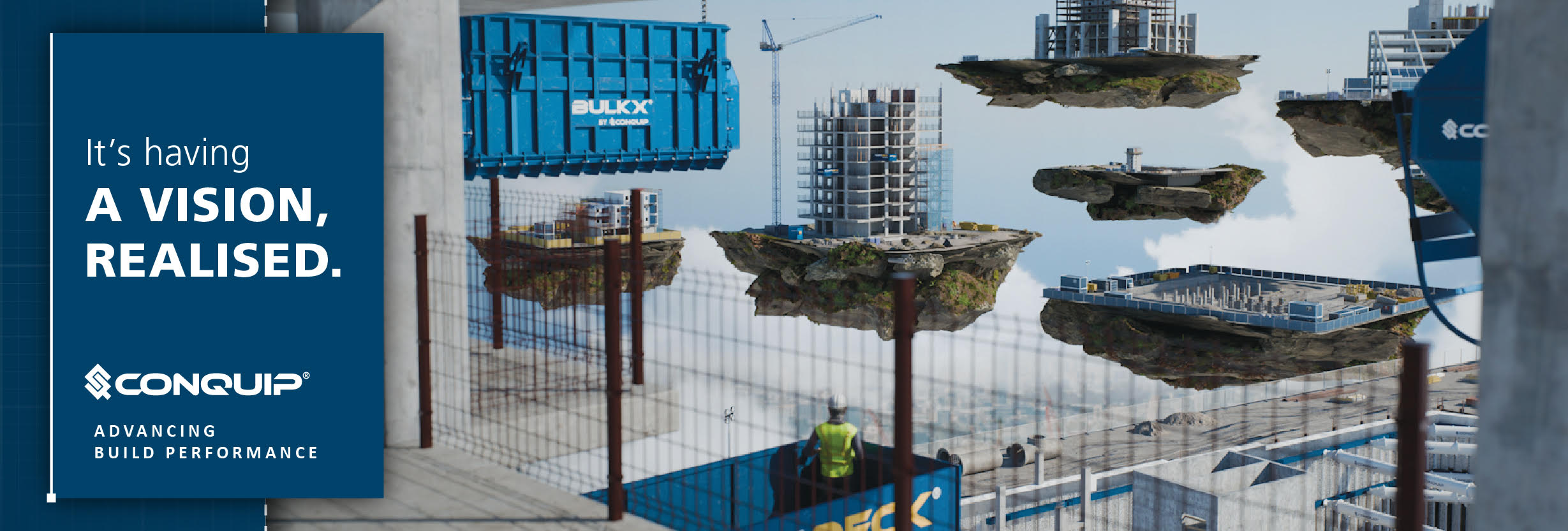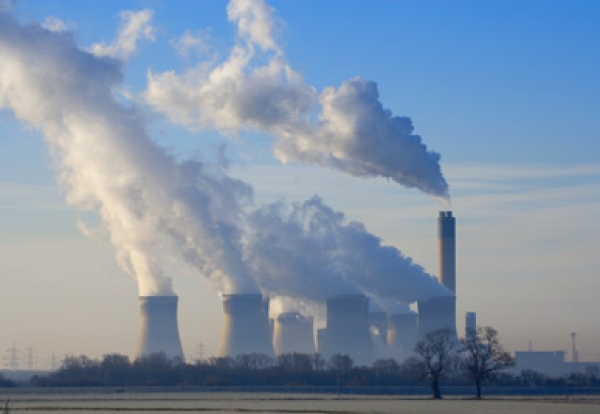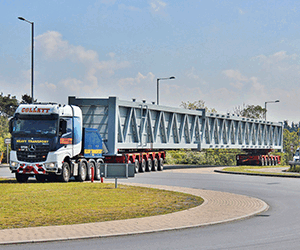They are the Peterhead Project in Aberdeenshire, Scotland, and the White Rose Project in Yorkshire, England.
CCS technology allows the safe removal and storage of harmful carbon emissions from coal and gas fired power stations and heavy industry.
Secretary of State for Energy and Climate Change, Edward Davey said: “Today’s announcement moves us a significant step closer to a Carbon Capture and Storage industry – an industry which will help reduce carbon emissions and create thousands of jobs.
“These two are major infrastructure projects potentially worth several billion pounds and could support thousands of construction jobs over the next few years.
“We had four excellent bids and I’d like to thank each one of them for their hard work. We will now be working swiftly to progress our preferred two, while making sure we continue to provide the best possible value to tax payers.”
Energy Minister John Hayes said: “We are working quickly to our goal of a cost competitive CCS industry – and these projects are just the start.
“In the past year we have demonstrated there is significant appetite from industry to invest in UK CCS, providing jobs and investment opportunities.
“It is my intention to work with industry, beyond these two projects, to ensure we have further CCS projects by the end of the decade – supported by the innovative changes we are making to the energy market to encourage investment in low carbon electricity.”
The two projects selected in detail:
- Peterhead Project in Aberdeenshire, Scotland – a project which involves capturing around 90% of the carbon dioxide from part of the existing gas fired power station at Peterhead before transporting it and storing it in a depleted gas field beneath the North Sea. The project involves Shell and SSE.
- White Rose Project in Yorkshire, England – a project which involves capturing 90% of the carbon dioxide from a new super-efficient coal-fired power station at the Drax site in North Yorkshire, before transporting and storing it in a saline aquifer beneath the southern North Sea. The project involves Alstom, Drax Power, BOC and National Grid.
The two preferred bidders were selected following a period of intensive commercial negotiations with four projects shortlisted from an original eight in October last year.
The Government will now undertake discussions with the two preferred bidders to agree terms by the summer for Front End Engineering Design studies, which will last approximately 18 months.
A final investment decision will be taken by the Government in early 2015 on the construction of up to two projects.
Captain Clean Energy and Teesside Low Carbon, the remaining two bidders with whom the Government has been in discussion, will be appointed as reserve projects.





















































.gif)


